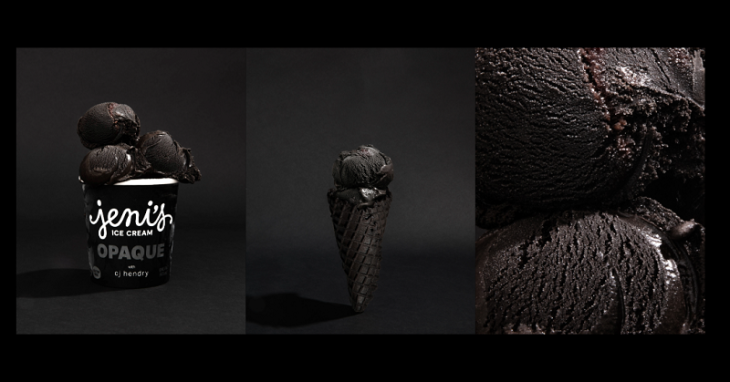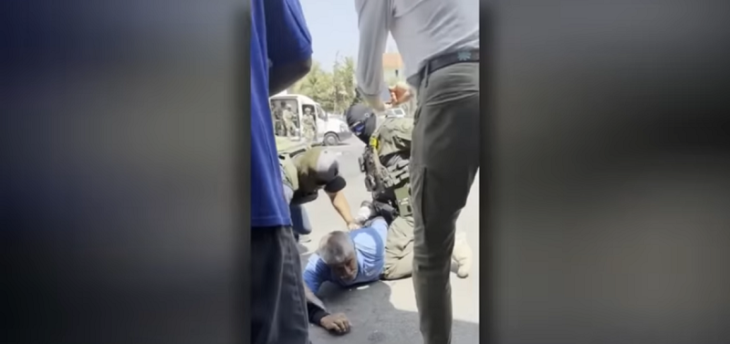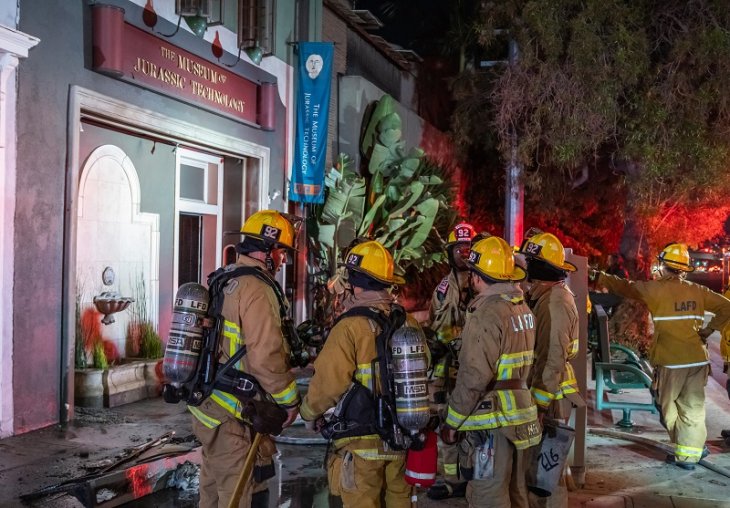
A Santa Monica-based terrorism expert said Friday that although Islamic State might be responsible for the shootings and explosions that rocked Paris today, it’s also possible the coordinated attacks were an “homage” to the extremist group.
No one has yet claimed responsibility for the attacks, which left scores dead.
“We shouldn’t automatically think it was planned by one of the extremist groups operating out of Syria and Iraq,” said Brian Michael Jenkins, a terrorism expert and senior adviser to the president of Santa Monica-based Rand Corp. “Some extremist groups will carry out these operations in homage to other groups like ISIS. There’s no evidence yet that links this to any kind of central planning.”
Jenkins said the tactics used in Paris — “multiple attackers in coordinated attacks at multiple locations” — echoed recommendations published over the summer in ISIS’ online magazine.
“We’ve known for a long time this sort of scenario is on their minds,” Jenkins told City News Service. “What happened today is shocking but not surprising.”
Shooting broke out at several locations, including at a concert hall where the Palm Desert band Eagles of Death Metal was playing. News services reported that as many as 100 people may have died there.
“Targeting a public gathering is nothing new,” Jenkins said. “There have been a number of previous attacks at music festivals, restaurants, shopping areas. We know these kinds of attacks are in their play book.”
Jenkins said the Paris attacks were reminiscent of the November 2008 assault on the densely crowded Indian city of Mumbai, where teams linked to an Islamic militant organization carried out a series of coordinated shooting and bombing attacks lasting four days.
“These sorts of attacks are a matter of determination and the ability to acquire weapons,” Jenkins said. “In some of these European countries, anyone with criminal connections can acquire an AK-47. It doesn’t require a great deal of skill to shoot diners at a restaurant or spectators at a rock concert. You don’t need to go through training.”
Jenkins warned not to over-analyze the timing of the attacks.
“Some people are connecting it to the fact that we may have killed ‘Jihadi John’,” the British Arab member of ISIS seen in videos beheading hostages, Jenkins said, adding that he doubted such a theory based on the timing of Thursday’s announcement that the executioner had been killed in a drone strike.
“These attacks (in Paris) would have required coordination and planning,” he said. “It was not spontaneous.”
Jenkins said France and other European countries have much to fear from residents who have become radicalized and traveled to Syria and Iraq — and returned home with training in terrorism.
“In places like France and Belgium, that number totals in the thousands,” he said. “Our numbers are a fraction of those. While they’re looking at thousands since 9/11, we have only a few hundred.”





















